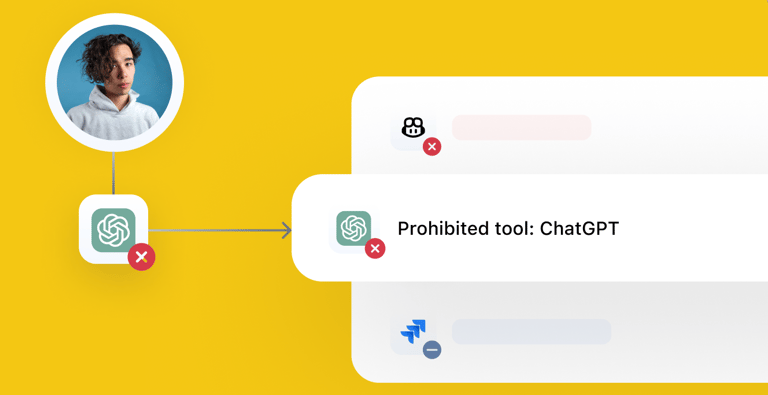AI tools help developers generate, refactor, and review code faster—but they also change how compliance risk enters the SDLC.
When AI-generated code, prompts, and tool usage are not linked to specific developers, organizations lose visibility into licensing exposure, policy violations, and regulatory risk.
AI code compliance ensures AI-assisted development remains accountable, auditable, and aligned with organizational and regulatory requirements.
Organizations focused on AI code compliance must address risks such as:
Licensing and Intellectual Property Violations
AI-generated code may violate open-source licenses or intellectual property policies when usage is not governed.Policy and Regulatory Non-Compliance
AI-assisted development may bypass internal security standards or regulatory requirements without proper oversight.Data Exposure and Confidentiality Risk
Sensitive information may be exposed through AI prompts or embedded in AI-generated code.Unattributed AI Usage
When AI contributions are not linked to developers, compliance accountability and remediation clarity are lost.
Public incidents have shown that unmanaged AI usage can lead to licensing violations, data exposure, and regulatory risk—reinforcing the need for strong AI code compliance and governance:
GitHub Copilot Licensing Violation (2023): An AI-powered coding assistant inadvertently generated GPL-licensed code snippets, creating potential legal disputes and risks for proprietary projects.
Samsung Data Leak via ChatGPT (2023): Employees accidentally exposed confidential data while using ChatGPT, prompting a company-wide ban on generative AI tools.
Amazon Confidentiality Concerns with ChatGPT (2023): Amazon cautioned employees against sharing sensitive information with generative AI platforms to avoid unintended data exposure.
Archipelo supports AI code compliance by making AI-assisted development observable—linking AI tool usage, AI-generated code, and compliance risk to developer identity and actions across the SDLC.
How Archipelo Supports AI Code Compliance
AI Code Usage & Risk Monitor
Monitor AI tool usage and correlate AI-generated code with compliance and security risks.Developer Vulnerability Attribution
Link risks introduced through AI-assisted development to the developers and AI agents involved.Automated Developer & CI/CD Tool Governance
Inventory and govern AI tools, IDE extensions, and CI/CD integrations to mitigate unapproved or non-compliant AI usage.Developer Security Posture
Generate insights into how AI-assisted development impacts individual and team compliance posture over time.
AI-assisted development requires governance, attribution, and accountability to remain compliant at scale.
AI code compliance enables organizations to innovate responsibly while reducing legal, regulatory, and security exposure across the SDLC.
Archipelo delivers developer-level visibility and actionable insights to help organizations reduce AI-related compliance risk across the SDLC.
Contact us to learn how Archipelo supports responsible AI-assisted development while aligning with governance, compliance, and DevSecOps principles.


